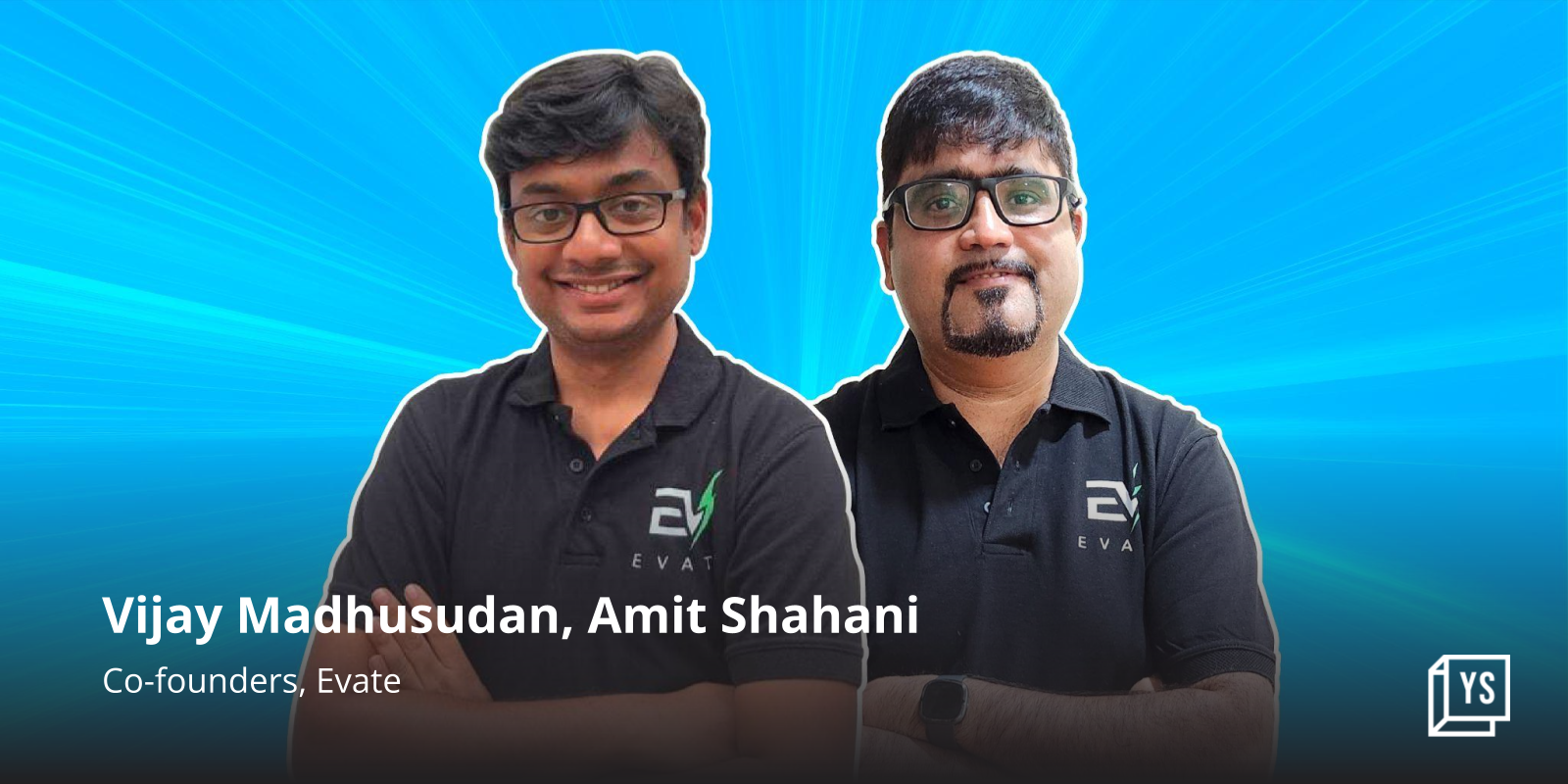
A recent Bloomberg report highlighted the fascinating but haunting consequence of China’s frantic transition from combustion engine vehicles to electric vehicles (EVs), which led to the emergence of sprawling junkyards, teeming with thousands of abandoned and discarded EVs as a result of the collapse of the once-booming EV ride hailing industry.
EVs are, of course, a bigger boon than a bane, but there is legitimate concern about junked, discarded vehicles piling up as more and more people abandon their internal combustion engine (ICE) vehicles. Even when they aren’t junked and put to use in some other way, these ICE vehicles end up contributing to road congestion, becoming just another vehicle on the road.
For EVs to be truly sustainable, they need to be part of a circular ecosystem, where wastage and congestion are somehow mitigated.
These issues were at the top of Vijay Madhusudan and Amit Shahani’s minds when they started building , a Bengaluru-based startup, in 2023. The founders realised that by retrofitting passenger mobility ICE vehicles—especially auto-rickshaws—with EV components to convert them into e-autos, they could not only ensure wider adoption of electric vehicles, but also help keep additional vehicles off the road.
Evate—part of YourStory’s Tech30 cohort in 2023—says its proposition is unique because it offers the entire retrofitting experience, including accessing financial assistance via loans online, and on its mobile app, which is currently in beta testing phase.
“From finding retrofitters to post-retrofitting asset management, all aspects are covered within the app,” Madhusudan tells YourStory.
<figure class="image embed" contenteditable="false" data-id="532686" data-url="https://images.yourstory.com/cs/2/a09f22505c6411ea9c48a10bad99c62f/Imagel2jk-1665766358255.jpg" data-alt="Autorickshaw" data-caption="
Representational image (Credit: Pexels)
” align=”center”> Representational image (Credit: Pexels)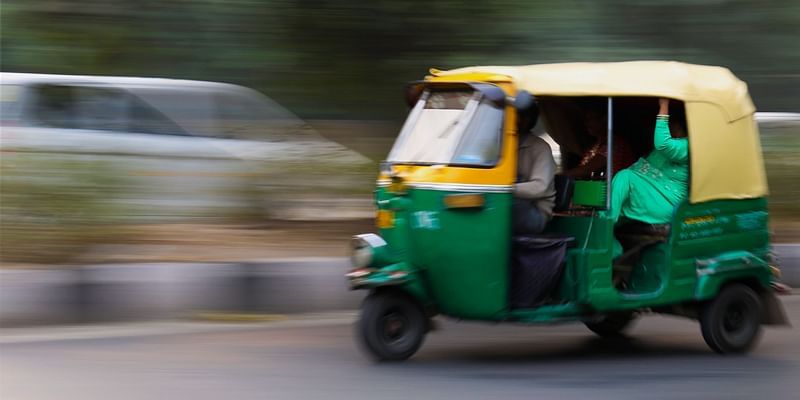
.thumbnailWrapper
width:6.62rem !important;
.alsoReadTitleImage
min-width: 81px !important;
min-height: 81px !important;
.alsoReadMainTitleText
font-size: 14px !important;
line-height: 20px !important;
.alsoReadHeadText
font-size: 24px !important;
line-height: 20px !important;
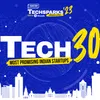
From app to ecosystem
Evate serves as an intermediary for drivers seeking to transition their vehicles to electric, linking them to essential services like loans and the identification of retrofitting specialists.
While its target audience is commercial vehicle drivers, it currently connects these dots only for three-wheelers, i.e., autos.
The app, available to any driver aspiring to transition to an EV, facilitates the location of nearby retrofitters and guides users through the conversion process, offering detailed information on the entire procedure, including associated financial aspects.
Evate has partnered with several large auto driver associations across India, as well as OEMs engaged in retrofitting.
Next, it helps close the loops on financials by offering the drivers access to a range of financial products, including tailored loans designed to make the retrofitting costs manageable for applicants, as well as customised insurance.
“Our ability to technically underwrite emerging technologies and offer loans against products that are technically novel earlier than the rest is our USP. These products are not supported by banks and NBFCs as they find it challenging to underwrite engineering risks without a track record for the product,” Madhusudan says.
Services such as assistance with vehicle re-registration, vehicle tracking, and maintenance are also provided on the app.
“Both state and national governments are recognising the importance of retrofitting and are in the process of formulating policies to support and regulate this sector. Retrofitted vehicles are poised to become the third distinct category alongside new and used vehicles in the market,” says Shahani, the company’s co-founder.
Indeed, retrofitting offers a cheaper way for people to adopt electric vehicles, as opposed to paying for a new vehicle, especially when the total cost of ownership of an EV is already high.
For context, retrofitting costs anywhere between Rs 1.5 lakh to Rs 2.5 lakh.
A lot of Indian state governments have implemented their own policies and guidelines for retrofitting, which has helped standardise and make this process safer. In fact, in 2021, the Delhi government, which insists on scrapping 10-year-old diesel vehicles, agreed to let these vehicles run on the road if they switched to an EV kit.
It also set up government-authorised retrofitment centres (RFCs) to direct citizens to players that adhere to its guidelines strictly.
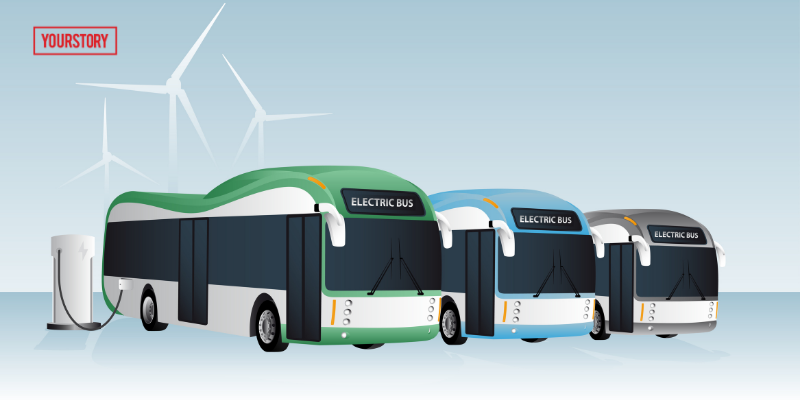
.thumbnailWrapper
width:6.62rem !important;
.alsoReadTitleImage
min-width: 81px !important;
min-height: 81px !important;
.alsoReadMainTitleText
font-size: 14px !important;
line-height: 20px !important;
.alsoReadHeadText
font-size: 24px !important;
line-height: 20px !important;
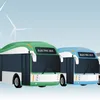
Revenue generation
Evate’s primary source of revenue is the loan products it disburses on its platform, where it earns margin on interest rates. It also earns money via processing fees and on margins on EV kits it helps sell.
It sees other ancillary services and products such as insurance and accessories sold on its app as future revenue streams.
“We have just started making revenue as we have started issuing loans this month,” says Madhusudhan, adding the company is still in the early stages of generating revenue.
By the end of 2024, the company hopes to be able to disburse 10,000 loans, with $18.75 million in assets under management (AUM).
The company raised a pre-seed round of Rs 35 lakh from IIT-Madras’ alumni. It is currently looking to raise $3 million in its next round.
The global automotive retrofit EV powertrain market is expected to grow to $125.37 billion by 2032, from $61.68 billion in 2022, according to Precedence Research. Asia Pacific, specifically, holds the larger chunk of market share in the retrofit market, around 64% in 2022 as per Precedence.
Some of the companies doing EV retrofitting in India include , , , and Loop Moto, among others.
Edited by Megha Reddy



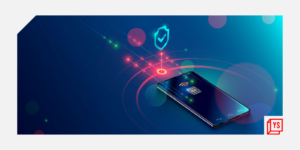
![Read more about the article [Funding alert] EV startup Ather Energy raises $128M led by NIIFL, Hero MotoCorp](https://blog.digitalsevaa.com/wp-content/uploads/2022/05/ather-FINAL-1652353175586-300x150.png)




![Read more about the article [Funding alert] Airblack raises $5.2M Series A investment led by Info Edge Ventures and Elevation Capital](https://blog.digitalsevaa.com/wp-content/uploads/2021/05/Funding-1587044486257-300x150.png)
